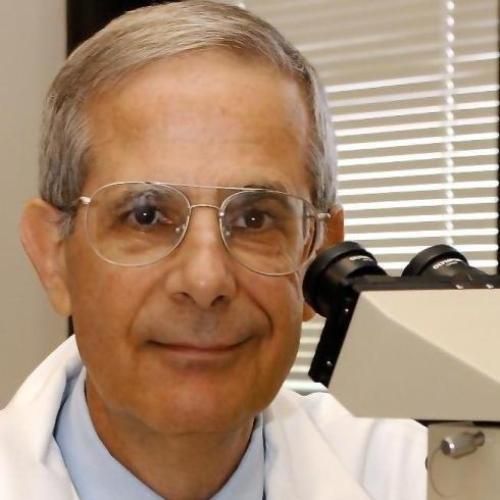
Inverse relationship of plasma prostaglandin E2 and blood mononuclear cell cyclooxygenase-2 with disease severity in children with Plasmodium falciparum malaria.
Prostaglandins (PGs) derived from inducible cyclooxygenase (COX)-2 are important proinflammatory mediators of the host-immune response to infection. Since the role of host-derived PG in human malaria is unknown, plasma bicyclo-PGE2 (a stable catabolite of PGE2), peripheral blood mononuclear cell COX-2 protein, and mRNA were measured in Gabonese children with and without malaria (n=129). Relative to healthy children, bicyclo-PGE2 and COX-2 protein were lower in children with mild (P=.007 and P=.026, respectively) and severe malaria (P=.002 and P=.010, respectively). COX-2 mRNA was also reduced in children with malaria. Investigation of COX-2 regulatory cytokines revealed an inverse correlation (P<.001) between plasma levels of bicyclo-PGE2 and interleukin (IL)-10, a cytokine that suppresses COX-2 expression. On the basis of these results, elevated PGE2 in healthy malaria-exposed children may protect against malaria, whereas IL-10-induced decreases in PGE2 during acute malaria may increase susceptibility to severe disease.
Duke Scholars
Published In
DOI
ISSN
Publication Date
Volume
Issue
Start / End Page
Location
Related Subject Headings
- RNA, Messenger
- Prostaglandin-Endoperoxide Synthases
- Microbiology
- Membrane Proteins
- Malaria, Falciparum
- Leukocytes, Mononuclear
- Isoenzymes
- Interleukin-10
- Humans
- Gabon
Citation

Published In
DOI
ISSN
Publication Date
Volume
Issue
Start / End Page
Location
Related Subject Headings
- RNA, Messenger
- Prostaglandin-Endoperoxide Synthases
- Microbiology
- Membrane Proteins
- Malaria, Falciparum
- Leukocytes, Mononuclear
- Isoenzymes
- Interleukin-10
- Humans
- Gabon

